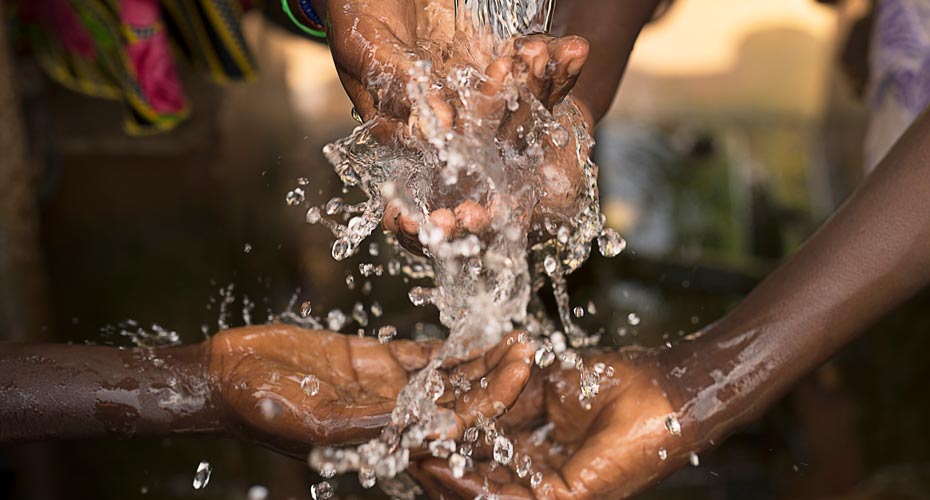Clean Water and Sanitation
We are proud to be ranked as the very best university in the world for our progress towards delivering SDG 6, clean water and sanitation.
Clean water and sanitation are essential to human health. Currently one in four people lack access to safe drinking water. SDG6 aims to ensure universal access to safe and affordable drinking water and sanitation for all by 2030.
Our water consumption, water usage and care, and engagement with water in our local communities have contributed to our success in driving SDG6 forward.
We have optimised water consumption across our campuses through:
- Rainwater harvesting
- BREEAM (Building Research Establishment's Environmental Assessment Method) implementation for all developments
- Water consumption tracking
- Sustainable lab practices
- Ultra-low water use toilets
Meanwhile our water research, via initiatives such as the Centre for Water Systems and the Centre for Resilience in Environment, Water, and Waste (CREWW), are finding ways to protect water supply networks from pollution, safely treat and dispose of wastewater, maintain sustainable water supply and demand, and harness wastewater as a reusable commodity. We bring together academics across Geography, Biosciences, Engineering, Economics and Psychology, who work with partners in industry, government and NGOs to develop a shared understanding, which considers the economic and social aspects of sustainability as well as environmental factors.
A lot of work remains to be done towards universal access to safe drinking water and sanitation, but measurable progress is being made. Between 2016 and 2020 the global population with drinking water at home increased from 70 to 74%, while access to domestic sanitation rose from 47 to 54%.
Through membership of projects and initiatives like aqua3S and ULTIMATE, and partnership with South West Water, we aim to continue working towards a healthier future via clean water and sanitation for all.




